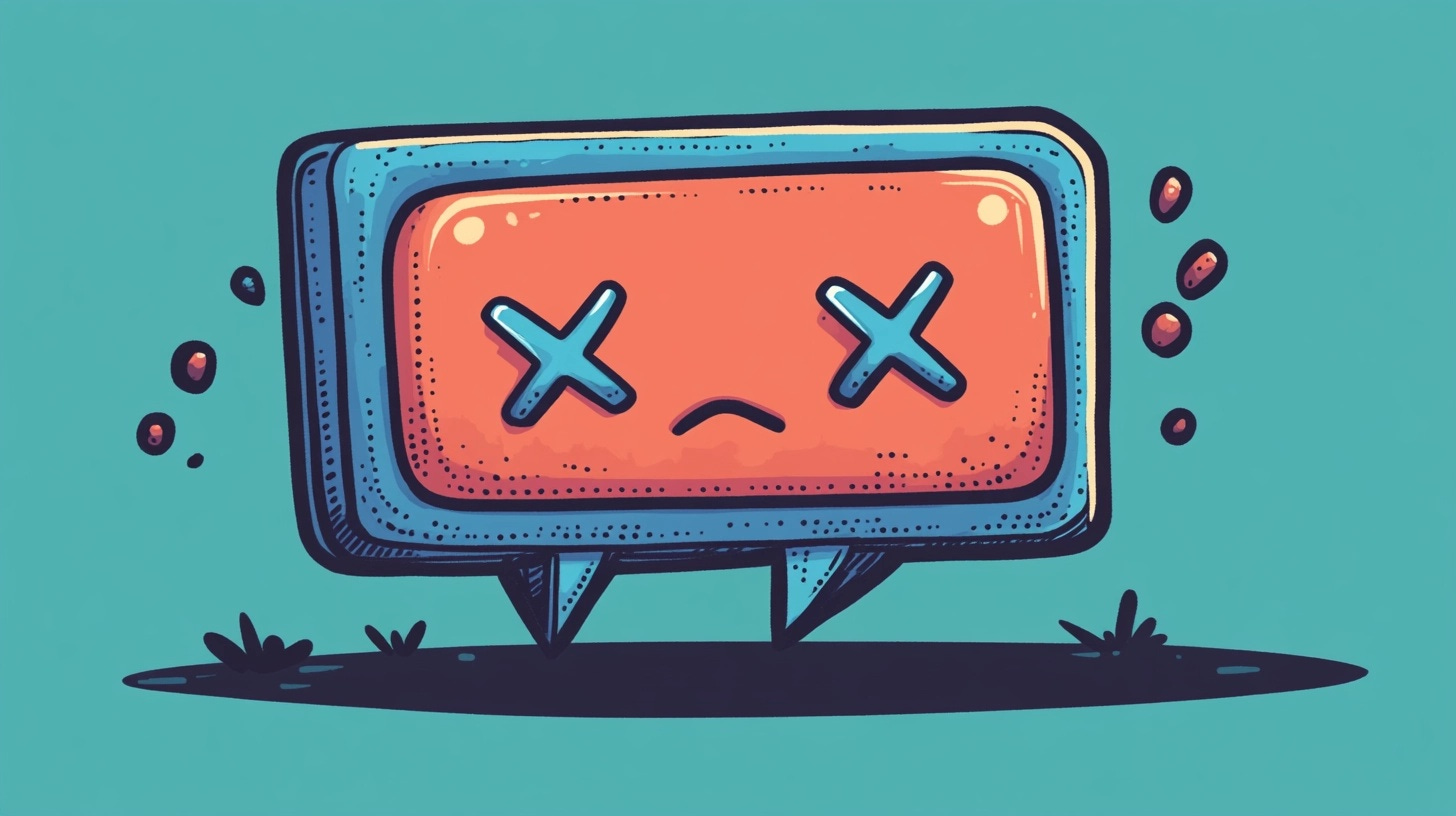US sues Google for deleting key evidence in bad faith
States allege the search giant deleted millions of chats over years to hide evidence from antitrust regulators, despite court assurances...
Today I switch gears from Meta, truth, and democracy to Google, antitrust, and deleted evidence with an important scoop that you won’t want to miss.
But first, join me in welcoming new subscribers over the weekend.
Hi then to newsletter #259 for new joiners from the C-suite at Vogue, The New Yorker, Vanity Fair, GQ and Wired publisher Conde Nast, Amazon Web Services, NBC News in San Jose California, Reuters in Toronto, ITV News in London, the Institute for Ethics in AI at the University of Oxford, the Journalism Lab at the Digital Transition School of the University of Applied Sciences in Utrecht, Holland, Sydney creative agency Popula, and the peak body for Australian TV and radio broadcasters CBBA, among others.
As well as London movie giant Envision, home to Harry Potter producer David Barron, who made six of the franchise films banking $6 billion at the Box Office.
And thanks to our sponsor this week, Avid Collective. If you’d like to sponsor, see here.
Keep reading with a 7-day free trial
Subscribe to Future Media to keep reading this post and get 7 days of free access to the full post archives.


